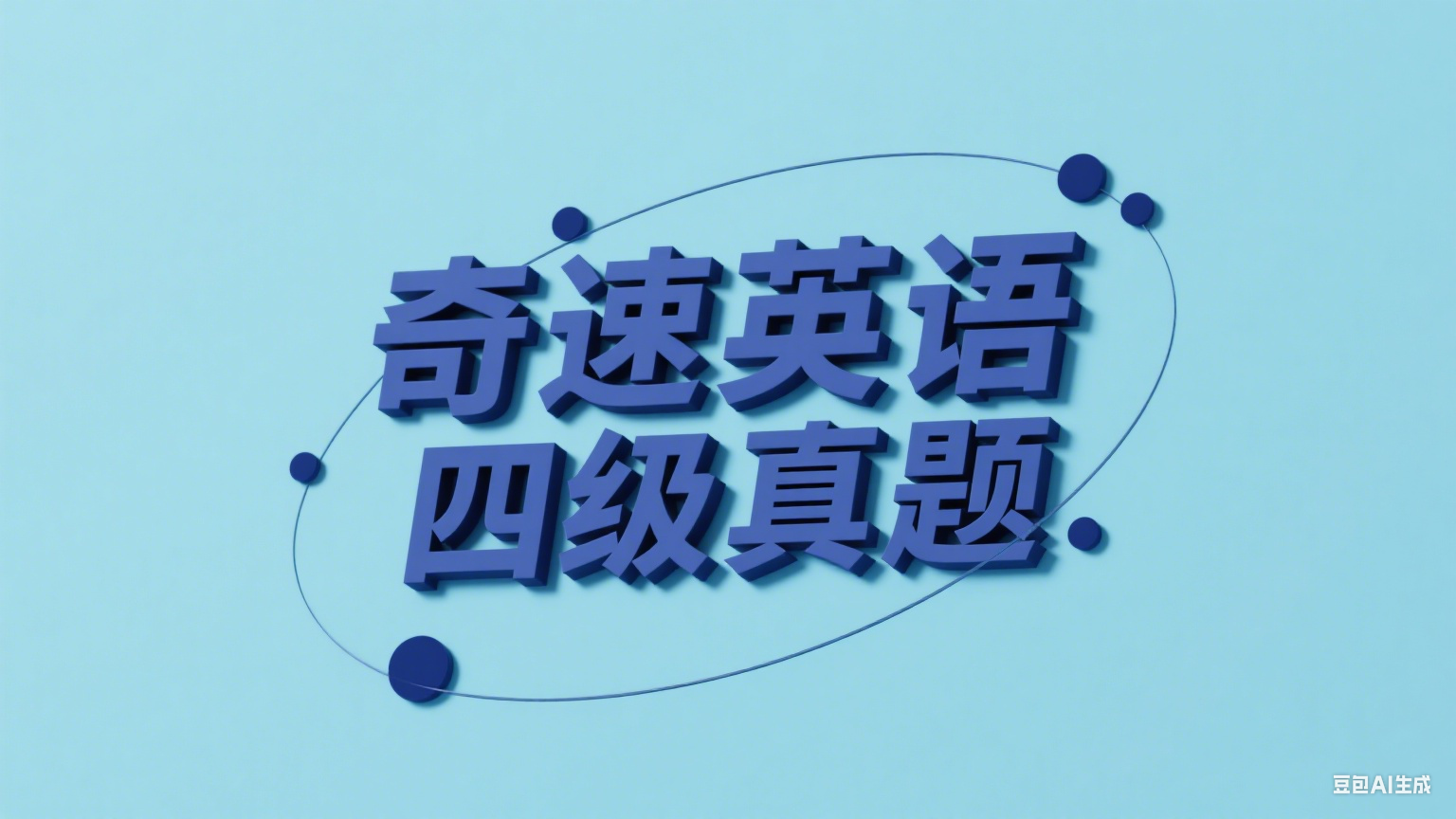
① Lao Zi once said, “Care about what other people think and you will always be their prisoner.”
② People-pleasing, or seeking self-worth through others’ approval, is unproductive and an exhausting way to go through life. Why do we allow what others think of us to have so much power over how we feel about ourselves? If it’s true that you can’t please all people all of the time, wouldn’t it make sense to stop trying?
③ Unfortunately, sense often isn’t driving our behavior. For social beings who desire love and belonging, wanting to be liked, and caring about the effect we have on others, is healthy and allows us to make connections. However, where we get into trouble is when our self-worth is dependent upon whether we win someone’s approval or not.
④ This need to be liked can be traced back to when we were children and were completely dependent on others to take care of us: Small children are not just learning how to walk and communicate, they are also trying to learn how the world works. We learn about who we are and what is expected of us based on interactions with others, so, to a four-year-old, if Mommy or Daddy doesn’t like him or her, there is the danger that they will abandon them. We need to understand that when we desperately want someone to approve of us, it’s being driven by that little kid part of us that is still terrified of abandonment.
⑤ As you become more capable of providing yourself with the approval you seek, your need for external validation will start to vanish, leaving you stronger, more confident, and yes, happier in your life. Imagine how much time we lose each moment we restrain our authentic selves in an effort to be liked.
⑥ If we base our worth on the opinions of others, we cheat ourselves of the power to shape our experiences and embrace life not only for others but also for ourselves, because ultimately, there is no difference. So embrace the cliché (老话) and love yourself as it’s highly doubtful that you’ll regret it.
1.1. What can we conclude from Lao Zi’s quotation?
A We should see through other people’s attempt to make a prisoner of us.
B We can never really please other people even if we try as hard as we can.
C We can never be truly free if taking to heart others’ opinion of us.
D We should care about other people’s view as much as they care about our own.
解析:选C。C 细节理解题。根据题干关键词Lao Zi’s quotation可以将答案定位到第一段。文章第一段指出,老子曾经说过:“在意别人怎么想,你将永远是他们的囚徒。”很明显,老子的意思是,让我们不要在意别人的看法,在意他人的看法就禁锢了自己。选项C与原文意思一致,故本题选C。选项A明显错误,原文中“囚徒”是一种比喻,意思是我们被别人的想法禁锢,不是别人真的企图把我们当囚徒。选项B与原文意思不一致,老子的话是让我们不要在乎别人的看法,不是说我们怎么努力都无法真正取悦别人。选项D与老子的话意思相反。
2.2. What will happen if we base our self-worth on other people’s approval?
A Our desire to be loved will be fulfilled.
B Our life will be unfruitful and exhausting.
C Our identity as social beings will be affected.
D Our sense of self will be sharpened and enhanced.
解析:选B。B 细节理解题。根据题干关键词base our self-worth on other people’s approval可以将答案定位到第二段第一句。第二段第一句指出,取悦他人,或者从他人的认可中寻求自我价值,是徒劳的,是一种令人疲惫的生活方式,换句话说,把自我价值建立在别人的认可之上,我们的生活将是徒劳和疲惫的,故本题选B。其他三项均与原文不符,都排除。
3.3. What may account for our need to be liked or approved of?
A Our desperate longing for interactions with others.
B Our understanding of the workings ofthe world.
C Our knowledge about the pain of abandonment.
D Our early childhood fear of being deserted.
解析:选D。D 细节理解题。根据题干关键词account for our need to be liked or approved of可以将答案定位到第四段最后一句。题干中的account for与原文中的driven by对应。第四段最后一句指出,我们需要明白,当我们迫切希望有人能够认可我们时,这是由我们内心那个仍然害怕被抛弃的小孩所推动的,也就是说,小时候那种害怕被抛弃的感觉导致我们长大之后,希望能够被别人认可,故本题选D。选项中的fear of being deserted与原文中的terrified of abandonment属于同义替换。选项C比较容易误选,其中出现了定位句中的abandonment一词,但是文中说的是我们害怕被抛弃,并未提及我们对被抛弃之痛的认识,故排除。其他两个选项虽然含有原文词汇,但是表达的意思与原文不符,均排除。
4.4. What can we do when we become better able to provide ourselves with the desired approval?
A Enjoy a happier life.
B Exercise self-restraint.
C Receive more external validation.
D Strengthen our power of imagination.
解析:选A。A 细节理解题。根据题干关键词better able to provide ourselves with the desired approval可以将答案定位到倒数第二段第一句。题干中的better able to provide 与原文中的more capable of providing属于同义替换。倒数第二段第一句指出,当你变得越来越有能力为自己提供你所寻求的认可时,你对外部认可的需求将开始消失,这会让你更加强大、自信,而且理所当然地,你的生活会更加快乐,故本题选A。本题如果找到了定位句,比较容易答对。其余三个选项原文未提及,均排除。
5.5. What does the author advise us to do in the last paragraph?
A Embrace life for ourselves and for others.
B Base our worth on others’ opinions.
C See our experiences as assets.
D Love ourselves as we are.
解析:选D。D 细节理解题。根据题干关键词advise us to do in the last paragraph可以将答案定位到最后一段,最后一句以so开头,是作者的建议。最后一句段最后一句指出,欣然接受这句老话并爱自己吧,这样做你不太可能会后悔。该句与全篇表达的意思一致,作者建议大家不要在乎别人的意见,要爱自己,故本题选D。选项B明显与全文表达的意思相反,比较容易排除。选项A和C在原文最后一段没有提及,也可以排除。